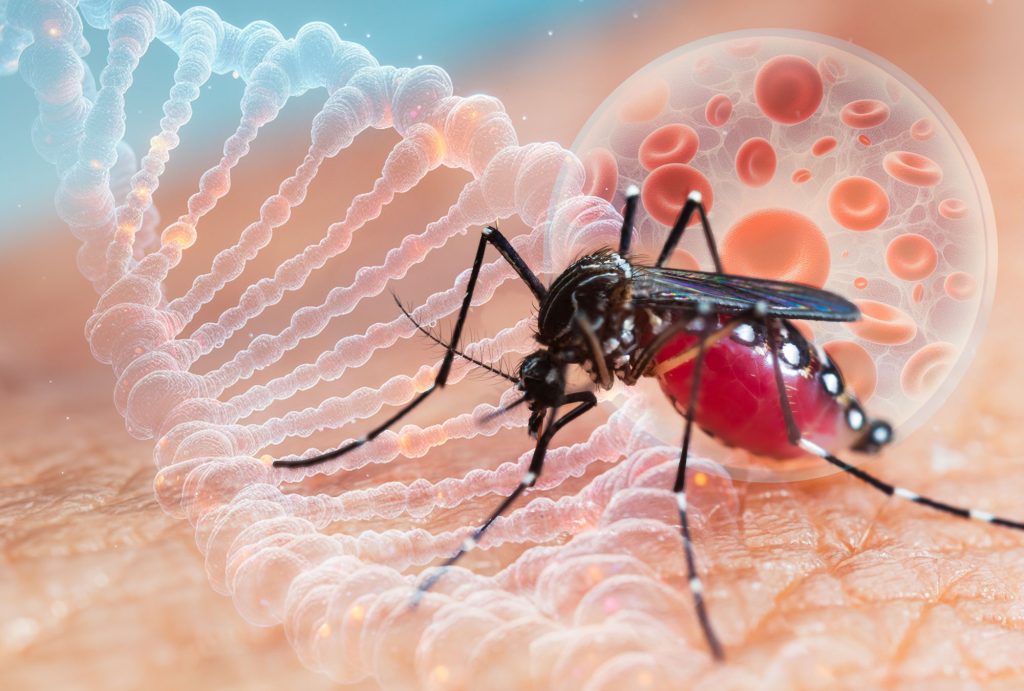Vector control is a crucial public health strategy aimed at managing populations of organisms that transmit diseases to humans and animals, commonly known as vectors. These vectors include mosquitoes, ticks, flies, and rodents, which are responsible for spreading various infectious diseases such as malaria, dengue fever, Zika virus, Lyme disease, and hantavirus. Effective vector control employs a combination of techniques such as environmental management, biological control, chemical interventions, and public education to minimise the risk of disease transmission.
The benefits of vector control to clients, which can range from local governments and healthcare organizations to private businesses and homeowners, are manifold. By implementing successful vector management programs, clients can significantly reduce the incidence of vector-borne diseases, leading to improved public health outcomes and decreased healthcare costs. Moreover, enhanced vector control measures can boost community confidence, promote safe outdoor activities, and foster a more favourable environment for tourism and business operations. Ultimately, integrating vector control into public health strategies ensures a safer, healthier community, making it a worthwhile investment for clients seeking to protect their populations and enhance their quality of life.

